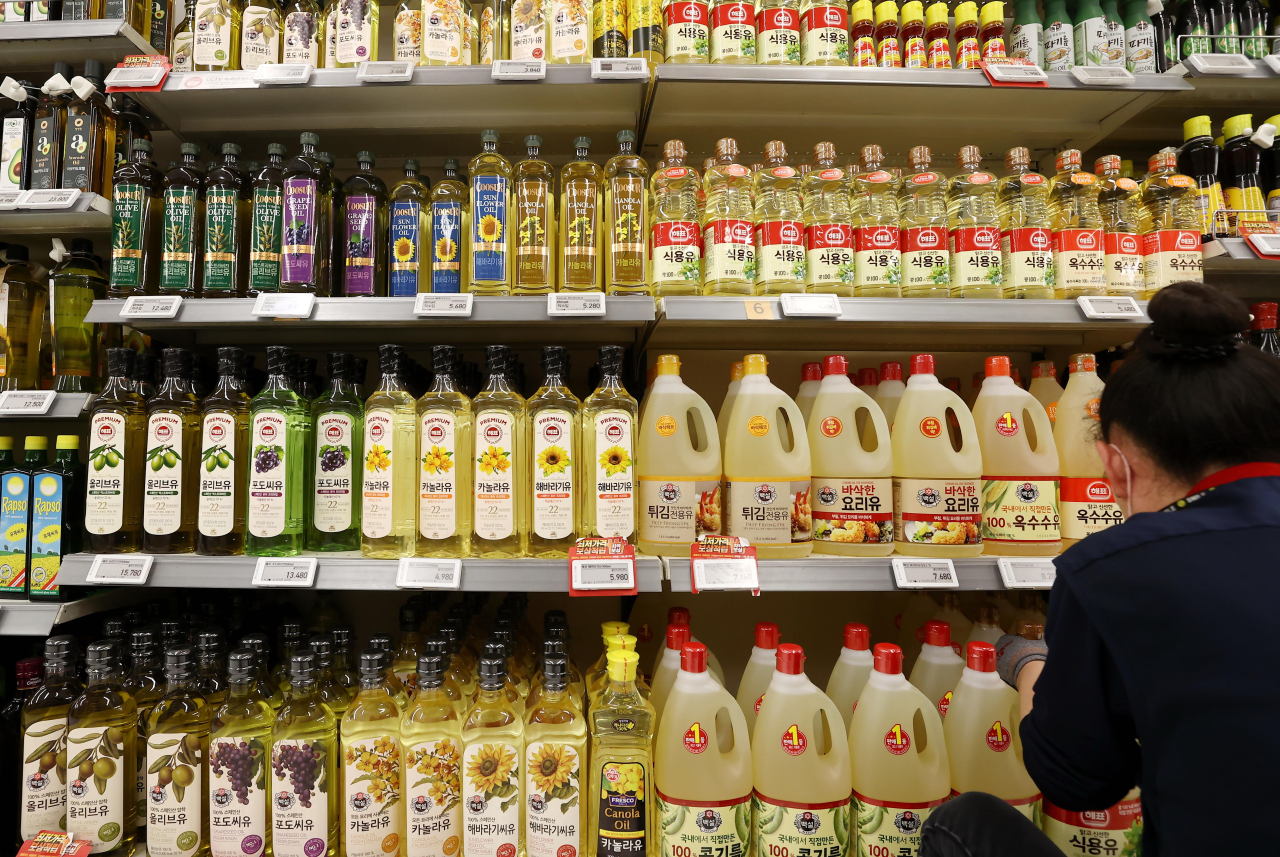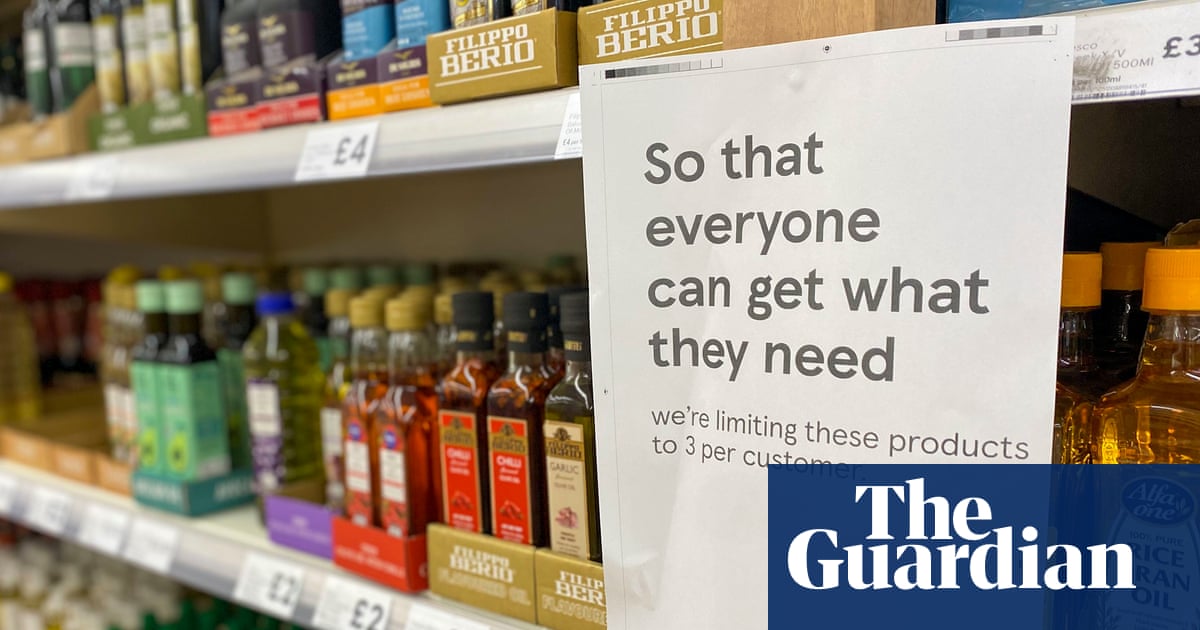The Facts
Indonesia on Friday announced it was revising its domestic market obligation (DMO) policy and will cut the amount of palm oil producers can export to six times the domestic sales volume – down from the current eight times – starting Jan. 1.
The world’s biggest palm oil producer explained it was tightening its export rules to ensure sufficient domestic supply of the commodity, particularly during Ramadan, which the country will celebrate in March.
The Spin
Establishment-critical narrative
This move will not only hurt household economics globally but also reduce supplies of the world's most-used cooking oils, thus creating additional upward pressure for food prices well into 2023. The Indonesian government must rethink the policy change as it strains global food insecurity and poses significant risks to palm fruit farmers' livelihoods.
Pro-establishment narrative
Indonesia must first address food security issues domestically before it shifts its focus globally. The move may be harsh, but it's necessary to stabilize domestic prices of palm oil, considering the festive season is bound to affect the demand and supply equation. Furthermore, Malaysia will be able to pick up some of the export slack while Indonesia enforces this temporary change in regulation.
Cynical narrative
Continuous use of palm oil in food and biofuels will have a catastrophic impact on the planet. Apart from making Indonesia a primary emitter of carbon emissions, palm oil plantations have already resulted in industrial-scale deforestation, threatening several plant and animal species. Though reducing the dependency on Indonesia's palm markets may be challenging, the world must look for an alternative — no matter the cost.









